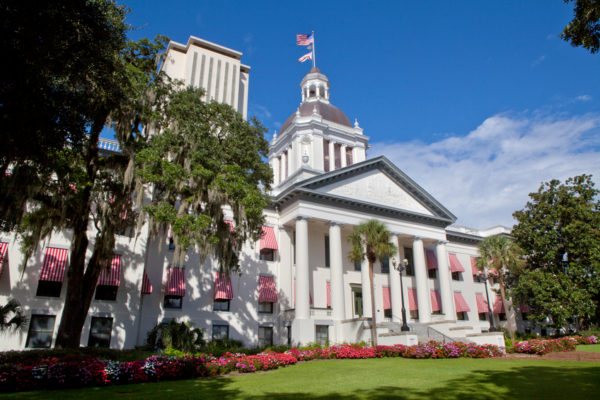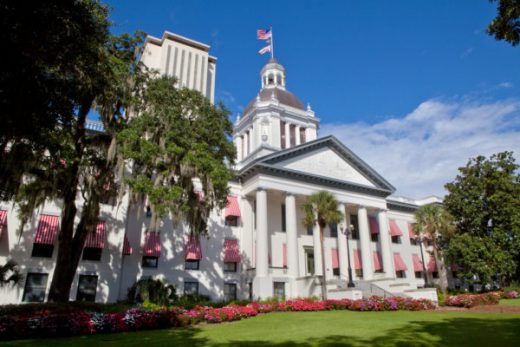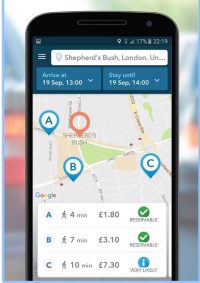Smart city project to boost Tallahassee resiliency, urban mobility
Smart city project to boost Tallahassee resiliency, urban mobility

Florida State University (FSU) is partnering with the City of Tallahassee on an urban mobility project that aims to boost smart city resiliency.
According to FSUnews.com the university is working with city officials to enhance Tallahassee’s utilization of current transportation and power systems.
The city is looking to determine how to better handle large-scale civic interruptions like power outages and traffic jams to improve the lives of citizens. The project will ultimately seek to cut traffic congestion, improve mobility across the city and reduce financial losses for local firms.
See also: Architects need to be at the smart city table
“We are starting with using case studies to see where we are and what the current status of mobility is in Tallahassee,” said Reza Arghandeh, an FSU professor instrumental in the project. “From this big picture, we will focus on specific neighborhoods in order to collect data from the site and then implement our algorithms, as we are taking a mathematical approach. The end goal will be the implementation of our model.”
The team is developing a tool to gather integrated heterogeneous data via social media and other aspects of urban infrastructure. As well, FSU researchers seek to boost citizen participation and build new indices to track urban mobility.
Tallahassee looks for deeper understanding
In order to get a deeper understanding of the city’s urban mobility issues, FSU is collaborating with the city on data analysis via the The Global City Teams Challenge (GCTC). The GCTC supports efforts to economic, social and physical challenges facing today’s cities and is under the auspices of the National Institute of Standards and Technology.
This urban mobility initiative will become part of the FSU team’s ongoing work under for 100 Resilient Cities, which is funded by the Rockefeller Foundation.
“I think the city needs an efficient, convenient platform,” says Jinghui Hou, another FSU prof instrumental to the project. “That is why we believe that there is a great deal of potential in this mobile application that will engage people and encourage participation through opening up city discussion.”
The post Smart city project to boost Tallahassee resiliency, urban mobility appeared first on ReadWrite.
(32)













